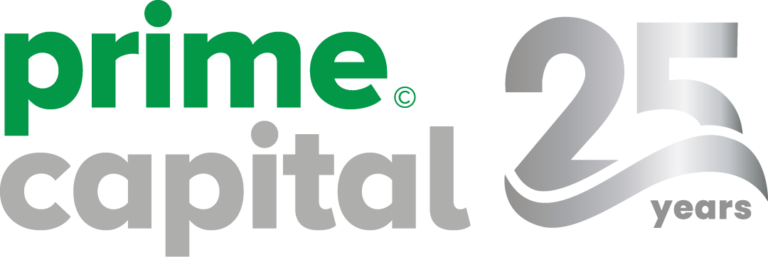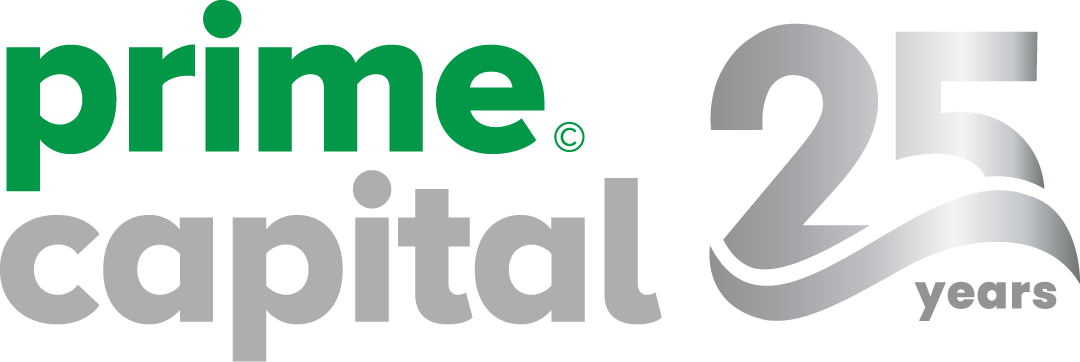As a business owner, understanding your company’s financial health is crucial. But diving into financial statements can feel overwhelming. That’s where financial ratios come in. These powerful tools can give you quick, actionable insights into your business’s performance and financial stability.
Let’s explore the most important financial ratios and how they can transform your decision-making process.
1. Liquidity Ratios: Can You Pay Your Bills?
Liquidity ratios measure your company’s ability to pay off short-term debts.
Current Ratio
Formula: Current Assets / Current Liabilities What it tells you: How well you can cover your short-term obligations. Target: Generally, 1.5 to 3 is considered healthy.
Example: If your current assets are $100,000 and current liabilities are $50,000, your current ratio is 2. This suggests good short-term financial health.
Quick Ratio (Acid Test)
Formula: (Current Assets – Inventory) / Current Liabilities What it tells you: Your ability to pay short-term obligations without selling inventory. Target: A ratio of 1 or higher is typically good.
Pro Tip: If your quick ratio is significantly lower than your current ratio, you might be overly reliant on inventory.
2. Profitability Ratios: Are You Making Money?
These ratios indicate how efficiently your company is generating profit.
Gross Profit Margin
Formula: (Revenue – Cost of Goods Sold) / Revenue What it tells you: The percentage of revenue retained after direct production costs. Target: Varies by industry, but higher is generally better.
Net Profit Margin
Formula: Net Income / Revenue What it tells you: The percentage of revenue that turns into profit after all expenses. Target: Again, varies by industry. A consistent increase is a good sign.
Real-World Example: Apple’s net profit margin in 2020 was about 21%, which is considered excellent in the tech industry.
3. Efficiency Ratios: How Well Are You Using Your Assets?
These ratios show how effectively your company is using its resources.
Inventory Turnover Ratio
Formula: Cost of Goods Sold / Average Inventory What it tells you: How many times you sell and replace your inventory over a period. Target: Higher ratios usually indicate better performance, but it varies by industry.
Accounts Receivable Turnover
Formula: Net Credit Sales / Average Accounts Receivable What it tells you: How efficiently you collect payments from customers. Target: A higher ratio is generally better, indicating quicker collection.
4. Leverage Ratios: How Healthy Is Your Debt?
These ratios provide insights into your company’s debt levels and ability to meet financial obligations.
Debt-to-Equity Ratio
Formula: Total Liabilities / Shareholders’ Equity What it tells you: The proportion of company financing that comes from debt versus equity. Target: Varies by industry, but generally, lower is better. A ratio of 2 or less is often considered acceptable.
Interest Coverage Ratio
Formula: Earnings Before Interest and Taxes (EBIT) / Interest Expense What it tells you: How easily you can pay interest on outstanding debt. Target: A ratio of 2 or higher is generally considered acceptable.
How to Use Financial Ratios Effectively
- Track Over Time: Look at how your ratios change from month to month or year to year.
- Compare to Industry Benchmarks: See how you stack up against competitors.
- Use in Combination: No single ratio tells the whole story. Look at multiple ratios for a comprehensive view.
- Act on Insights: Use ratio analysis to drive decision-making. For example, a low quick ratio might prompt you to focus on collecting receivables faster.
How to Use Your Ratios: Numbers that Empower
Financial ratios are more than just numbers—they’re powerful tools that can guide your business decisions and strategy. By regularly calculating and analyzing these ratios, you’ll gain a clearer picture of your company’s financial health and areas for improvement.
Remember, financial management isn’t about being a math whiz; it’s about using the right tools to gain actionable insights. Start incorporating these ratios into your financial analysis today, and watch as your business decisions become more informed and effective.
At Prime Capital, we’re here to help keep your business moving with equipment leases that make solid financial sense. Are you thinking about upgrading your equipment or making a new investment? Let’s talk about your options for financing and leasing equipment today.





